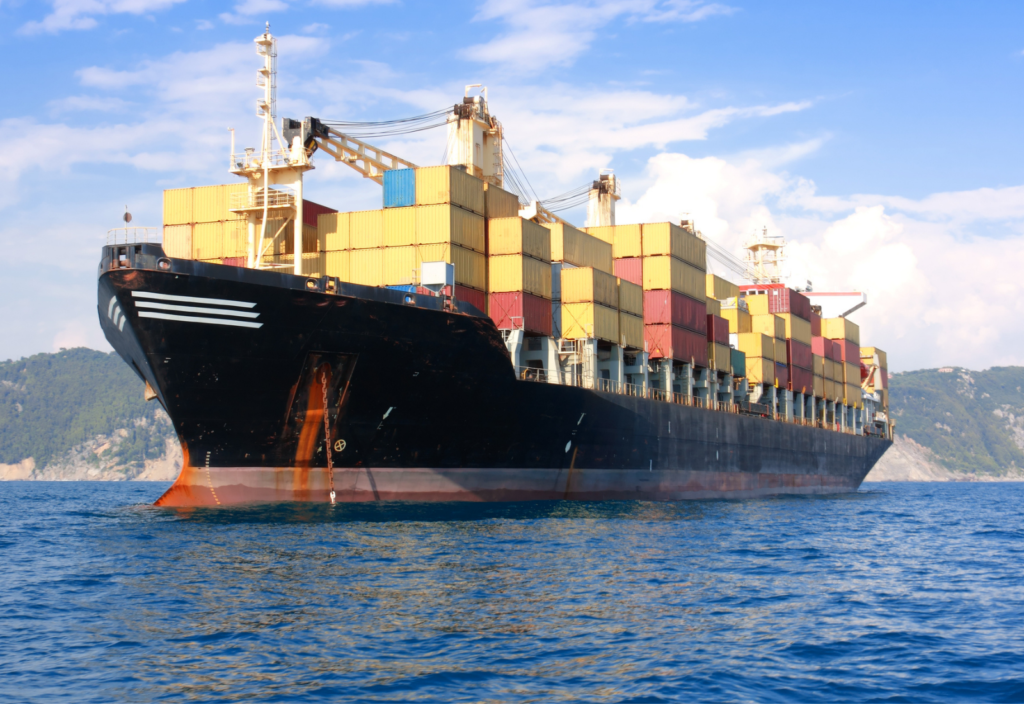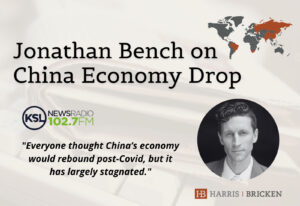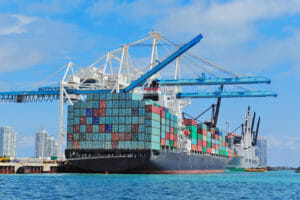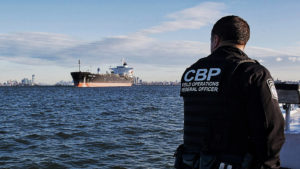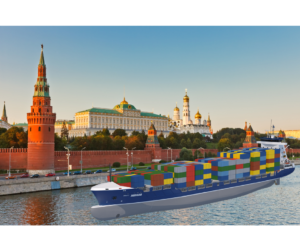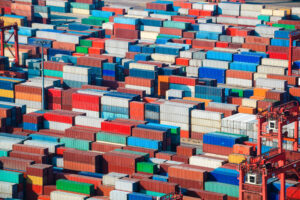Last week, I spoke before a group of CEO members of Vistage Worldwide on geopolitical headwinds in the Middle East and their resulting impact on U.S. business operations.
I started by giving a brief overview of the current geopolitical environment for companies that operate internationally, with a particular focus on the Houthis efforts to blockade the Red Sea. In the second part of my talk, participants were presented with a fictitious business scenario and tasked with solving a business problem caused by disrupted supply chains stemming from the Red Sea blockade, using a Design Thinking problem-solving framework.
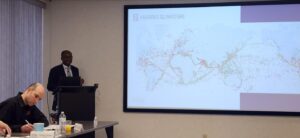
In putting this presentation together, my goal was to show the importance of geopolitics on global trade and to provide business leaders with practical strategies for mitigating the adverse effects of political risks.
The ongoing Israel-Palestine conflict provided a good case study due to its indirect impact on global trade. The Houthi blockade provided a focal point because roughly 12% of global trade passes through the Red Sea and problems there are leading shipping companies to modify their shipping routes through the Cape of Good Hope, South Africa.
This rerouting of maritime transport adds ten to thirty days to the journey, depending on the vessel’s speed and the destination. Thus, even if just a small part of a company’s supply chain is tied to ships going through the Red Sea, these delays could significantly impact overall operations and profits.
These increased shipping times and distances are increasing costs and also impacting the supply of ships. According to Sea-Intelligence, the switch to having to go around Africa will require around 1.5 million twenty-foot units of additional ship capacity. This disruption not only directly impacts Europe-Asian trade, it also indirectly impacts US-Asian trade because much of the trade coming from Asia to the East Coast goes through the Suez Canal, out of the Strait of Gibraltar, and across the Atlantic Ocean.
The Red Sea blockade highlights the interconnectedness of geopolitical events and global supply chains. As businesses navigate the challenges posed by these disruptions, the imperative for them to build resilient and adaptable supply chain strategies becomes more evident.










